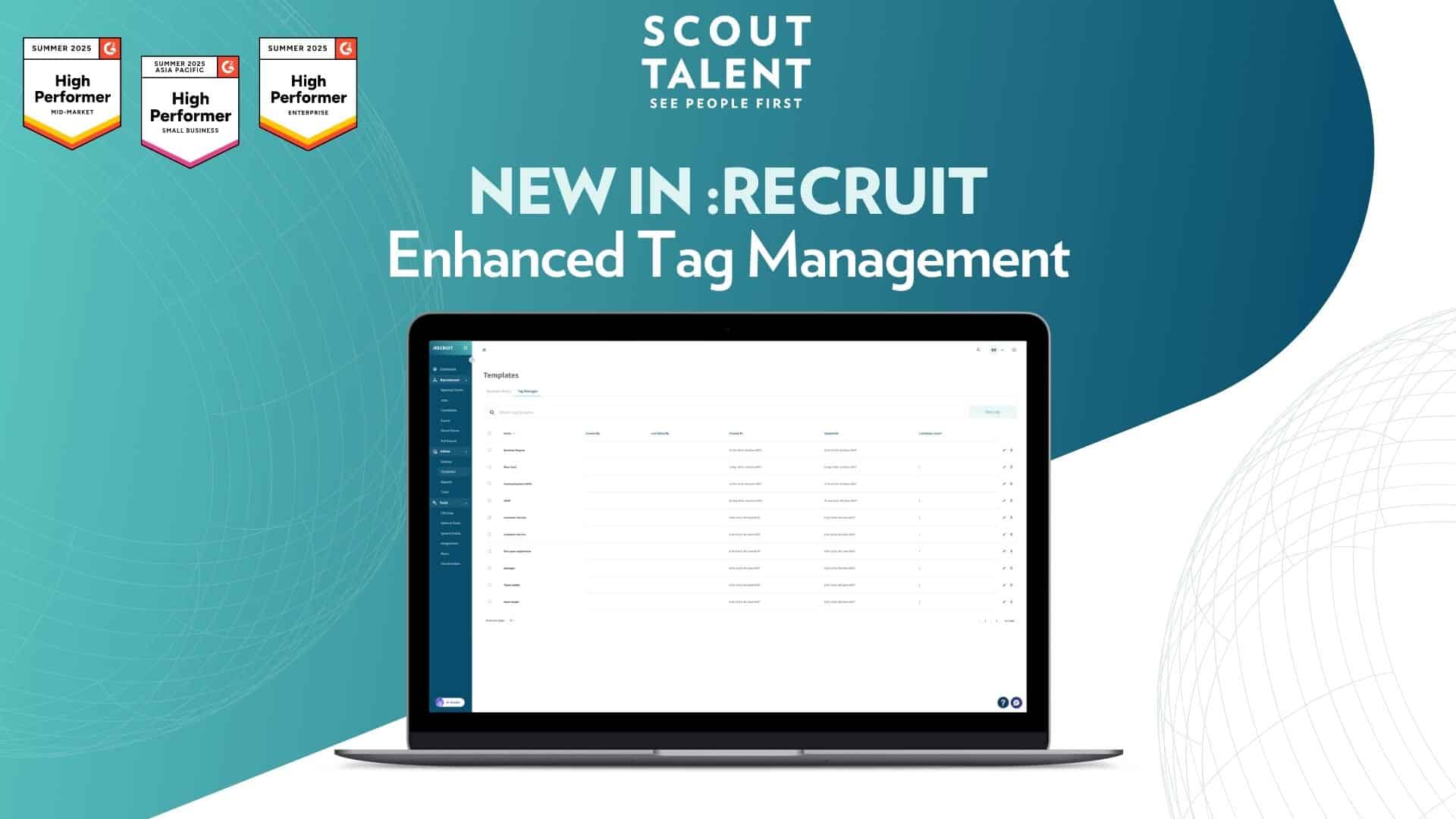Remember when we said Talent Pooling was going to be important for recruitment 2020? Well, we never predicted a global pandemic, but we were right on the Talent Pooling. Now is the moment when your Talent Pooling infrastructure is one of the most important aspects of your recruitment process. What do we mean by this? If your company is planning to survive this pandemic and everything that comes along with it, then you are planning to recruit again. If we look past all of the things that are going on right now there is a world where we end up back at those old recruitment problems we’ve all always struggled with for so long.
Recruitment Timelines
On average, a recruitment timeline from the initial establishment of a need right up until your new hire is onboarded is about 60 days. That’s if you’re lucky and everything is working as it should be. Once we get back to recruiting again, that long timeline isn’t going anywhere. And whether the economy recovers quickly or slowly, you’re not going to have a lot of lead time into filling roles that are created within your organisation. This of course, is where talent pooling comes into play. Right now, you have a chance to do something tangible and proactive that will support your recruitment process tenfold once we’re on the far side of this pandemic. We know it’s tough to think that far ahead or recall a time before all of this but remember, all of the struggles you had trying to get candidates engaged with your employer brand and filling those high skilled roles? You are going to have those challenges again, but at least now you can leverage the current climate to help support you through those future challenges.
Leveraging the current climate
So how do we leverage the current climate for our future gain? Right now there are a number of people who are unemployed that you can engage with your organisation. We know, you have a hiring freeze at the moment or you don’t have any open roles, but that’s ok. If you go out to the candidate marketplace through job boards and headhunting and say something along the lines of – we’re recruiting for a whole host of roles that we expect to have in the next 3, 6, or 9 months – you will get a response. This will give you access to a whole group of people you would have never had access to before, and who you can funnel into your roles in the future.
Using an Applicant Tracking System
At a practical level, this means using an applicant tracking system and reaching out to candidates that are currently looking for roles with an honest message. Give them a very quick apply option maybe ask them what role or department they’re most interested in working within and collect their resumes. Then, periodically reach out to them with updates. Send them messages about the work your organisation is up to, what roles you expect to be looking to fill in the near future, and what the culture within your organisation is like.
Share good news stories with them, engage them in who you are as an organisation. Then, when the time finally comes that you’re hiring again – leverage this highly engaged group into filling your roles, reach out to them and ask them to apply, ask them to encourage anyone they may know with the right skill set to apply. Give yourself every advantage you can to keep ahead of the recruitment game.
Don’t miss out on the top talent
You may be thinking to yourself that this isn’t a priority right now, and the candidate market will still be there when you need it. There will be higher unemployment when all of this is over and there will be more candidates to pick from for a while in the aftermath. But, those individuals that are highly skilled and highly talented, the A-game players that you were struggling to find before all of this. They will be gone and fast. We predict quite a talent rush when this all ends as organisations that are coming out of hibernation are struggling to grab the people they let go and anyone else good they can get their hands on as well.
Which of course begs the question, if you temporarily let some good people go, are you keeping connected with them for when things turn around? If you are, then you already have the communications infrastructure of a talent pool; you just need to expand the group that you’re keeping in contact with.
If you’re not, then you really need to consider what you’re doing. It’s certainly a bigger topic for another day but we know that when the dust settles and we’re back to interviewing, one of the number one questions that candidates are going to pose to employers is – ‘what did you do for your people during Covid-19?’ Make sure you have an answer for this.
Planning ahead
Scout knows it can be hard to think proactively right now, especially when it comes to recruitment. But a new normal will establish itself once again, to a certain extent it already has. Planning ahead is how you build momentum and thrive. So look at all of the opportunities around you right now, all of the people who are currently just waiting to become engaged with your Employer Brand. Build your talent pool and seize this moment and this opportunity so that your organisation is ahead when quarantine is a distant memory.
If you would like to know more about how Scout Talent can help you to set up your talent pooling systems, call us or click the button below.



